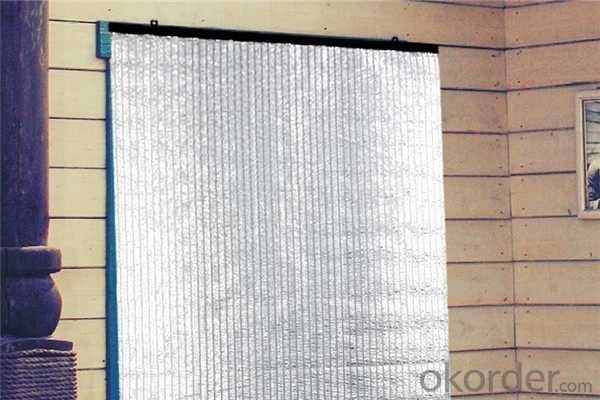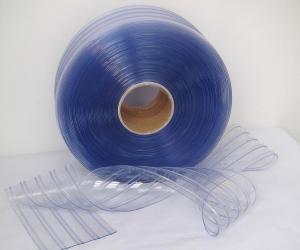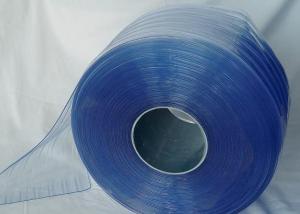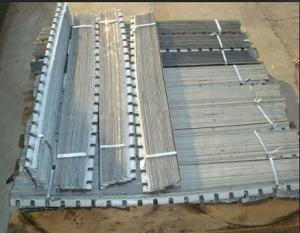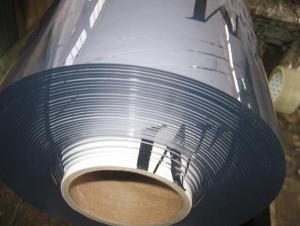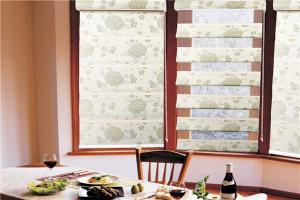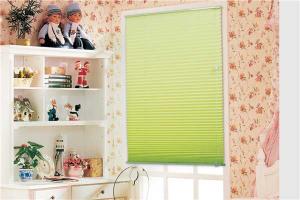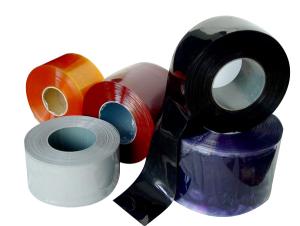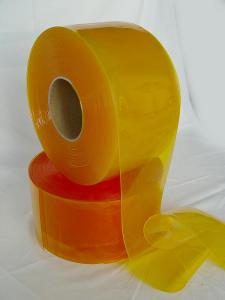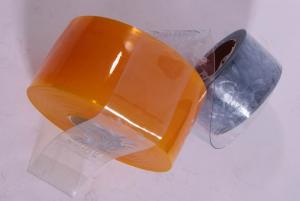Panel Curtains With Flower Pattern Warp Knitting eyelet
- Loading Port:
- Ningbo
- Payment Terms:
- TT or LC
- Min Order Qty:
- 1000 m
- Supply Capability:
- 500000 m/month
OKorder Service Pledge
Quality Product, Order Online Tracking, Timely Delivery
OKorder Financial Service
Credit Rating, Credit Services, Credit Purchasing
You Might Also Like
The curtain could be used in home and office for decorating or shading. The material of products in our company is eco- friendly and durable, and the UV-protection for this goods is strong. It's easy to install and disassemble to clean. And it looks quite beautiful and practical. The main materials for curtain are polyester and non-woven cloth, its track is aluminum and the snap is plastic.At the same time, Material, color and size can be customized as customer's demand.




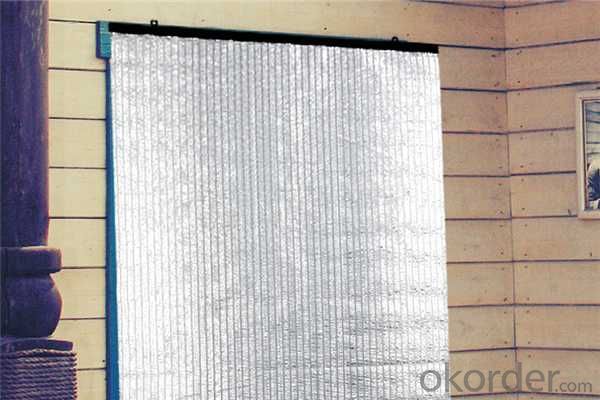



- Q: How can plastic parts in coffee makers resist clogging and buildup from coffee grounds?
- Plastic parts in coffee makers can resist clogging and buildup from coffee grounds due to their smooth and nonporous surface. This prevents the grounds from sticking to the plastic, allowing for easy cleaning and maintenance. Additionally, some coffee makers incorporate design features such as filters or screens to prevent grounds from entering the plastic parts and causing clogs.
- Q: Are there any fire safety concerns related to plastic components in home appliances?
- Yes, there can be fire safety concerns related to plastic components in home appliances. Plastic materials have a relatively low melting point and can ignite easily if they come into contact with high temperatures or open flames. Additionally, some plastics may release toxic fumes when burned, which can be harmful if inhaled. Therefore, it is essential to ensure that plastic components in home appliances are made of fire-resistant materials and that the appliances are used according to the manufacturer's instructions to minimize fire risks.
- Q: Are there any limitations in terms of moisture resistance for plastic parts in home appliances?
- Yes, there are limitations in terms of moisture resistance for plastic parts in home appliances. While many plastic materials used in home appliances are designed to withstand moisture to a certain extent, prolonged exposure to high levels of moisture can lead to degradation, warping, or even failure of the plastic parts. Therefore, it is important to consider the specific requirements and environment when selecting plastic materials for home appliances to ensure their longevity and functionality.
- Q: What are the considerations for using sustainable or eco-friendly plastics in home appliances?
- When using sustainable or eco-friendly plastics in home appliances, there are several important considerations. Firstly, the lifecycle of the plastic must be evaluated, including its production, use, and disposal. It should be made from renewable resources and have a minimal carbon footprint. Additionally, the durability and performance of the plastic should be assessed to ensure it can withstand the demands of an appliance. Compatibility with existing recycling systems is crucial to promote proper disposal and recycling. Finally, cost-effectiveness and availability of sustainable plastics should be considered to ensure their practicality and widespread adoption in home appliances.
- Q: Can home appliance plastics be easily replaced with more sustainable alternatives?
- Yes, home appliance plastics can be easily replaced with more sustainable alternatives. With advancements in technology and increasing awareness about environmental concerns, manufacturers have been developing and using various sustainable materials such as bioplastics, recycled plastics, and plant-based alternatives. These alternatives not only reduce the reliance on non-renewable resources but also minimize the carbon footprint associated with the production and disposal of traditional plastics. Additionally, consumers are increasingly demanding eco-friendly products, which further encourages the industry to adopt more sustainable options for home appliances.
- Q: Are there any specific storage recommendations for home appliances with plastic parts?
- Yes, it is generally recommended to store home appliances with plastic parts in a cool, dry place away from direct sunlight. This helps prevent the plastic from degrading or warping due to heat exposure. Additionally, it is advisable to ensure that the appliances are stored in a clean and dust-free environment to maintain their functionality and longevity.
- Q: Can plastic parts in ovens and stoves handle the constant expansion and contraction due to temperature changes?
- Yes, plastic parts in ovens and stoves are designed to handle the constant expansion and contraction caused by temperature changes. They are made from heat-resistant materials that can withstand the high temperatures and maintain their structural integrity without warping or melting. Additionally, these plastic parts undergo rigorous testing to ensure their durability and ability to withstand the thermal stresses associated with cooking appliances.
- Q: How long do plastic parts in home appliances typically last?
- The lifespan of plastic parts in home appliances can vary depending on factors such as usage, quality of materials, and maintenance. However, on average, plastic parts in home appliances are designed to last between 5 to 15 years.
- Q: How do home appliance plastics impact the overall aesthetics of the appliance?
- Home appliance plastics play a significant role in determining the overall aesthetics of an appliance. These plastics are used to create sleek and stylish designs, allowing manufacturers to achieve various shapes, colors, and finishes. By using different types of plastics, appliance designers can enhance the visual appeal, giving appliances a modern and attractive look. Additionally, plastics offer versatility and flexibility in design, enabling manufacturers to incorporate unique features and textures that further enhance the overall aesthetic appeal of home appliances.
- Q: Are all parts of a home appliance made from plastic?
- No, not all parts of a home appliance are made from plastic. While some components may be made from plastic, home appliances often consist of a combination of materials such as metal, glass, rubber, and electronic components.
Send your message to us
Panel Curtains With Flower Pattern Warp Knitting eyelet
- Loading Port:
- Ningbo
- Payment Terms:
- TT or LC
- Min Order Qty:
- 1000 m
- Supply Capability:
- 500000 m/month
OKorder Service Pledge
Quality Product, Order Online Tracking, Timely Delivery
OKorder Financial Service
Credit Rating, Credit Services, Credit Purchasing
Similar products
Hot products
Hot Searches
Related keywords









